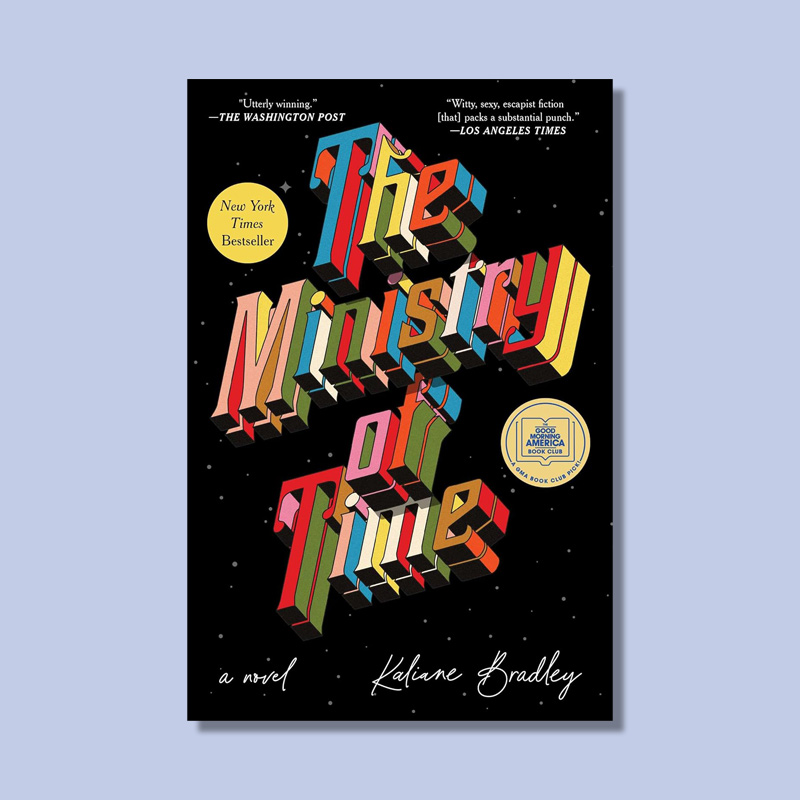When should you use "while" vs. "although"? | | "While" and "although" might not be grammatical twins, but their resemblance is uncanny. More like close cousins, these conjunctions may be interchangeable under certain circumstances, but swapping them in the wrong situation can lead to major confusion. | |  | Rachel Gresh |
|
| |  | | A merican author and disability rights activist Helen Keller once wrote, "Although the world is full of suffering, it is full also of the overcoming of it." Not only is this a powerful message of resilience, but it also demonstrates a valuable grammar lesson: "Although" and "while" are interchangeable in specific contexts.
In Keller's quote, either of the conjunctions "although" or "while" could have been used because both words can express contrast or concession between two clauses. For instance, "While I agree with your opinion, I have a few questions" carries the same meaning as "Although I agree with your opinion, I have a few questions." They are subordinating conjunctions because in both versions, the conjunction, when placed at the beginning of a sentence, introduces a subordinate clause that contrasts with the main clause. The choice, then, depends on tone: "While" often feels more conversational, whereas "although" tends to be more formal.
Now, shift the conjunctions from the beginning of the sentence to the middle: "I agree with your opinion, although I have a few questions" retains the same meaning, signaling contrast regardless of the position of "although" in the sentence. But replace "although" with "while," and the sentence reads as a bit ambiguous: "I agree with your opinion, while I have a few questions." "While" is a conjunctive adverb and can serve multiple uses. When "while" is placed between two clauses, it's often interpreted as meaning "at the same time as," as in, "I was waiting in the car while he picked up the food." This time-related function of "while" is more dominant in English, so native speakers tend to interpret it this way instead of as a contrasting conjunction. In cases of mid-sentence ambiguity, it's better to use "although."
Bottom line: "Although" and "while" can often be used interchangeably, but the best choice depends on your intended tone and the context. |
|
| | Advertisers help keep Word Smarts free | |
Emoji Decoded | |  | | Clinking Beer Mugs | | | Meaning: Indicates "Cheers!" with two beer mugs clinking together.
Evolution: Emoji decision-makers must be beer drinkers, because 🍻was included in the first release, but 🥂wasn't included until Emoji 3.0.
Usage: [Text to the group chat:] Who's in for some darts tonight? First round on me! 🍻 |
|
 | | Clinking Beer Mugs | | | Meaning: Indicates "Cheers!" with two beer mugs clinking together.
Evolution: Emoji decision-makers must be beer drinkers, because 🍻was included in the first release, but 🥂wasn't included until Emoji 3.0.
Usage: [Text to the group chat:] Who's in for some darts tonight? First round on me! 🍻 |
|
| |
Have you read? | |  | | The Ministry of Time | | By Kaliane Bradley | | In the British government's Ministry of Time, agents are assigned to monitor "expats," those who have been plucked out of their original moment in time. This ragtag bunch of unmoored time travelers are trying to get up to speed on what it means to exist in the 21st century — a process at times both humorous and touching. The narrator is an agent assigned to one of the expats, and the reader soon realizes that the Ministry might be harboring sinister plots. But who is to be trusted? | | | | Jennifer A. Freeman, Word Smarts Senior Editor | | | | We independently evaluate all recommended products and services. If you click on links we provide, we may receive compensation. |
|
 | | The Ministry of Time | | By Kaliane Bradley | | In the British government's Ministry of Time, agents are assigned to monitor "expats," those who have been plucked out of their original moment in time. This ragtag bunch of unmoored time travelers are trying to get up to speed on what it means to exist in the 21st century — a process at times both humorous and touching. The narrator is an agent assigned to one of the expats, and the reader soon realizes that the Ministry might be harboring sinister plots. But who is to be trusted? | | | | Jennifer A. Freeman, Word Smarts Senior Editor | | | | We independently evaluate all recommended products and services. If you click on links we provide, we may receive compensation. |
|
| |
| | Advertisers help keep Word Smarts free | |
|


Tidak ada komentar:
Posting Komentar